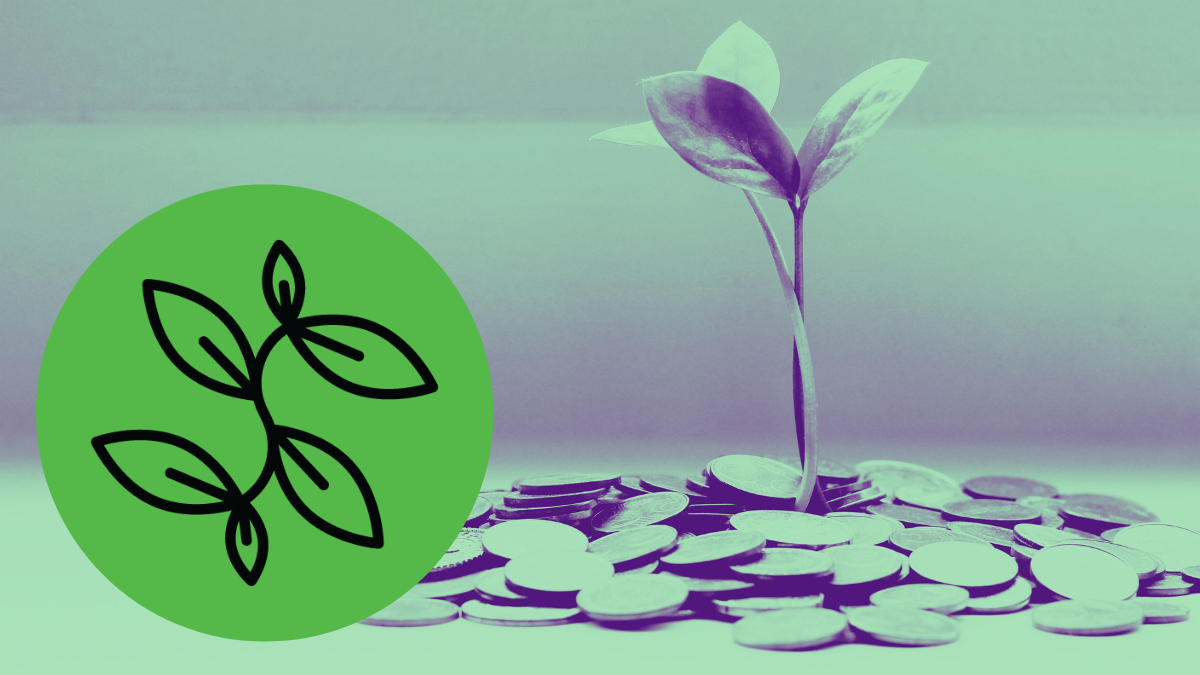The GDPRD and the Shamba Centre for Food & Climate have undertaken an enquiry on how to make donors and public funds more catalytic for food systems through innovative financing approaches.
Links

The investigation included a series of interviews which explored how donors, philanthropic organizations, public funds and blended capital funds can make their funding effective and act as an incentive for achieving SDG 2. The findings and recommendations of the enquiry was presented during the GDPRD Annual General Assembly 2023, at the High-Level Session on Sustainable Finance: Making Donor Funding More Catalytic.
The core message of the enquiry indicates that if donors and development banks take higher risks with their grants and lending, every donor dollar has the potential to generate four dollars in commercial finance. When this happens, agri-food small and medium-sized enterprises (SMEs) will have more financing, domestic lenders will participate, and markets will have more liquidity. This is the catalytic power of aid.
The consultative draft from the enquiry “Unleashing the catalytic power of donor financing to achieve SDG2” is now open for comment. Email your feedback to the Shamba Centre directly at info@shambacentre.org. The consultation is open for three weeks until 30 November 2023.
To learn more about the call for comment, read the article by Oshani Perera on the Shamba Centre website.












